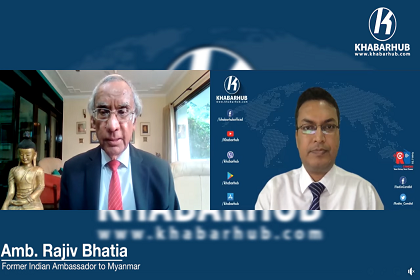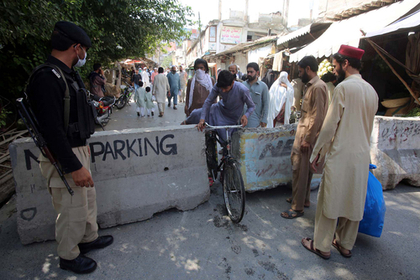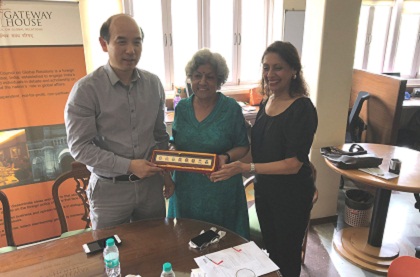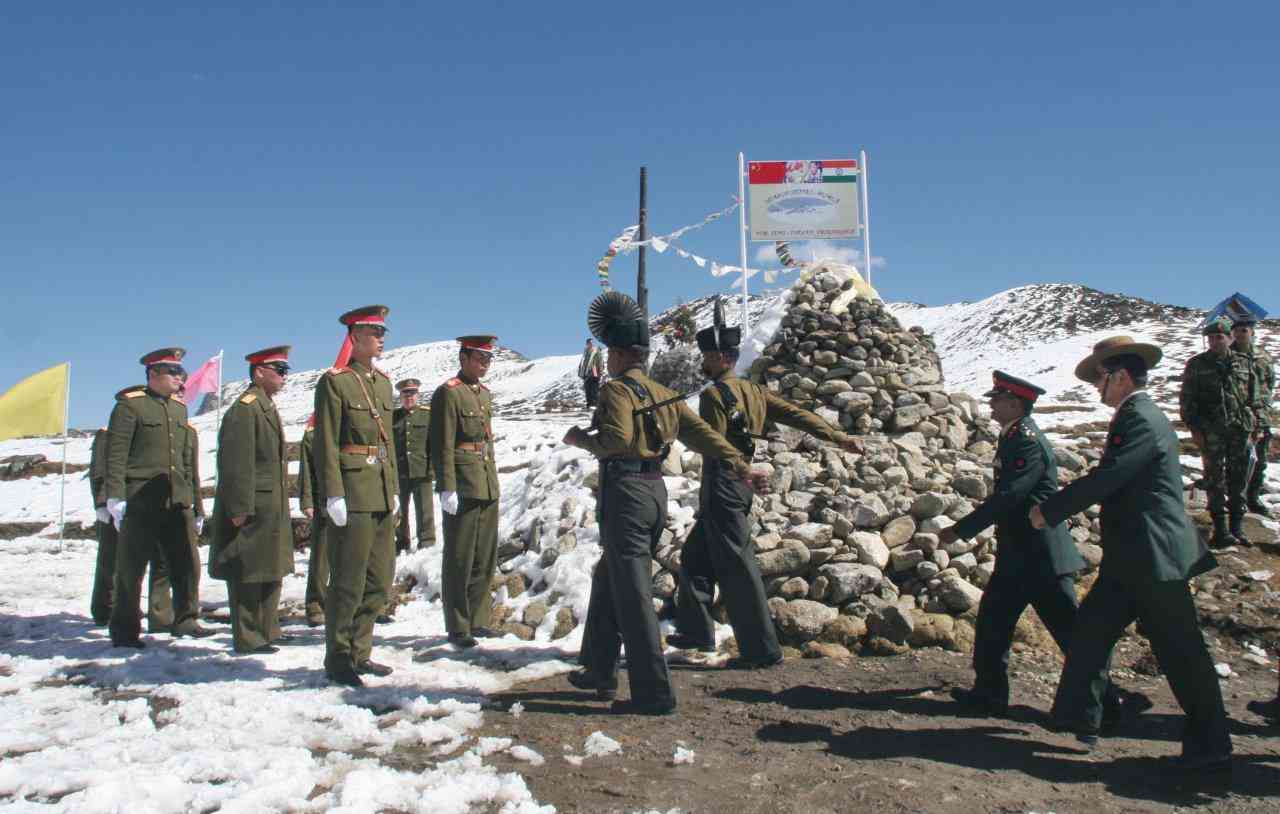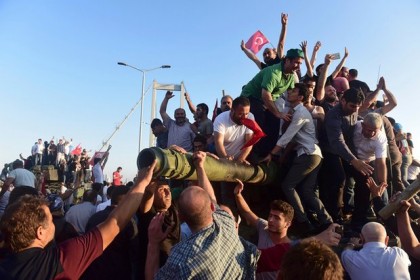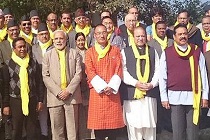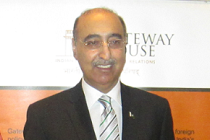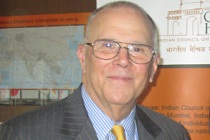Indian Diplomacy: Diversifying Global Supply Chains
China-centric global supply chains, the backbone of East Asia’s prosperity, are shifting out as tensions over tariffs and strategic contest between the West and China soars. Ganeshan Wignaraja, Professorial Fellow, Economics and Trade, Gateway House, discusses diversifying supply chains, the China plus one strategy, and the role of India as a supply chain magnet for its South Asian neighbours.




